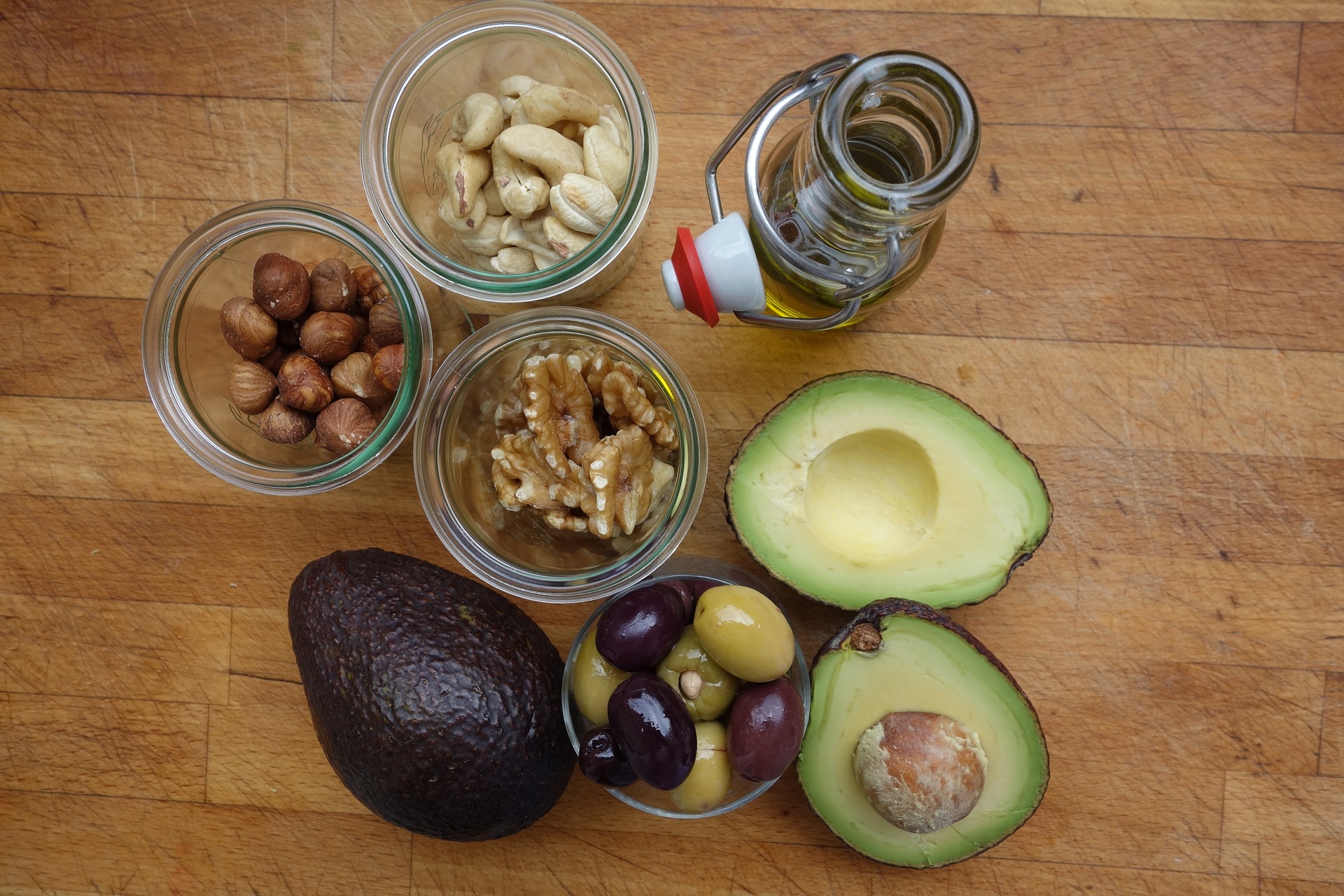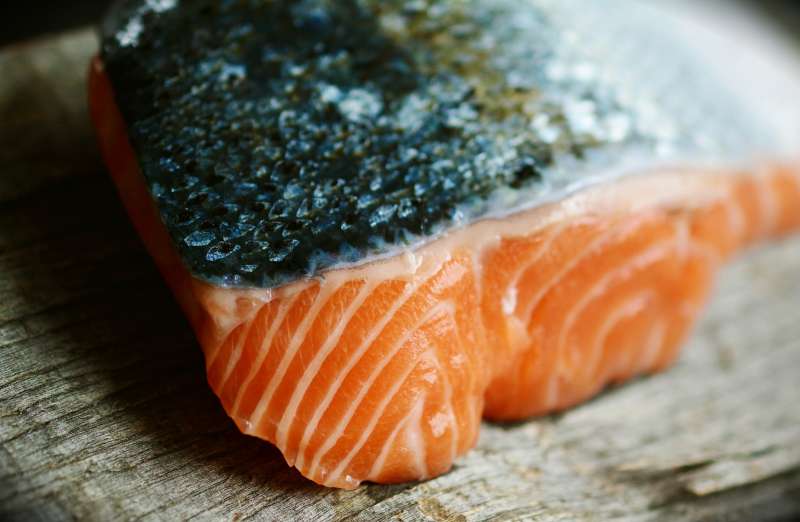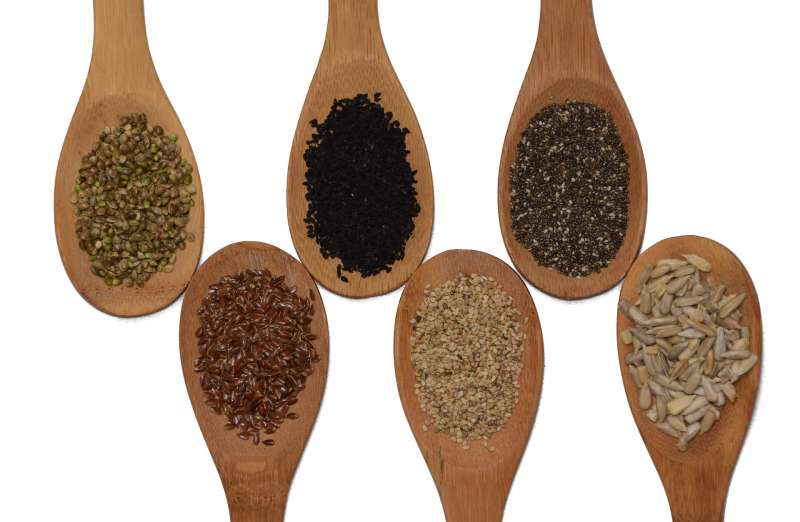- Email: info@yournutrition.site
- Home
- Living well
- Services
-
Recipes
- Recipes overview
- Large nutrition filter
- Breakfast
-
Lunch
- Spiced lentil soup
- Curried butternut squash and peanut butt
- Hearty leek and potato soup
- One pot spanish rice and bean soup
- Roasted veg filled herb egg rolls
- Spanish tortilla
- Vine tomato soup
- Chickpea and chorizo soup
- Pumpkin, sweet potato and ginger soup
- Minestrone soup
- Hot plum and fennel salad
- Chickpea and spinach curry
- Pink scottish salad
- Potato, pea and mint tortilla
- How to make your own kimchi
- Skirlie ball recipe
- Spiced carrot & lentil soup
- Poached eggs with grilled vegetables on
-
Dinner
- Hearty root veg curry
- Tarka dal
- Batch cooked beef stew
- Batch cooked chicken biryani
- Spiced pilau rice
- Pesto risotto with caramelised onions
- Mexican style sweet potato gratin
- Idiyappam
- Pumpkin risotto
- Jamaican black bean stew
- Balsamic roasted beetroot
- Easy peasy pizza
- Carrot and celeriac gratin
- Leek and potato cake
- Kale pesto
- Macaroni cheese
- Joe's healthier chilli
- Chicken jalfrezi
- Snacks
- Desserts
- Special diets
- Learn to cook
- Testimonials
- About
-
News
- News overview
- Nbite
- Nutrition News
- Site News
-
General News
- Coming soon
- Local News
-
Promotions
- Coming soon
-
Competitions
- Coming soon
- Links
- Contact
-
Living well
- Home
- Living well
- Nutrition basics
- Essential Fat
Essential Fat
- Jun 03, 2016
- Joe Jones
- 600 words, Reading time around 3 minutes
- Living well
-
Nutrition basics
Home & Business
Omega-3 fats Oily fish nutrition diet weight health heart brain Omega-6 saturated unsaturated
Essential fat

Heart healthy fats
Why do we need fat?
Far from being a dietary demon, as constant articles and health messages condemning fat have been drumming into us for the last 30 years. Fat is a vital part of our diet and without it, we wouldn’t be alive.
How does fat help our bodies?
Fat’s main role in our bodies is to provide energy, per gram it is the nutrient that provides the highest level of calories (9kcal per gram) It’s also the way we store excess energy from our food, allowing us to use those reserves when food is scarce.
The fat in our bodies helps provide insulation and protection for our internal organs. It provides the essential fatty acids omega 3 and 6 which our bodies cant produce, so we need them from our food. Fat is also extremely important in allowing fat soluble vitamins to be properly absorbed into our bodies, without it we would quickly start to become deficient in many of these vital micro-nutrients.
Types of fat

Salmon fillet
Saturated fats -mainly from animal fats, but also some non-animal sources:
- Butter
- Coconut butter
- Lard
- Meat fat
- Fish
- Eggs
- Suet
- Nuts
These fats are usually solid at room temperature and contain higher levels of saturated fatty acids, they also contain monounsaturated fatty acids.
Despite the amount of powerful media articles and nationwide health messages, there has never been any strong evidence linking saturated fat with an increase in total heart disease, stroke, or type 2 diabetes.
Unsaturated fats – Can be Monounsaturated or Polyunsaturated and come from animal and non-animal sources:
- Oily fish
- Nuts
- Avocados
- Olive oil
- Rapeseed oil
- Sunflower oil
- Walnut oil
- Hemp oil
Many of these fats are most often used in liquid vegetable form for cooking and as dressing for salads. They contain higher levels of polyunsaturated and monounsaturated fatty acids, they also contain saturated fatty acids.
Polyunsaturated fats

Seed mix
There are 2 main types of polyunsaturated fatty acids - Omega-6 and Omega-3, both of which have had a lot of health and media attention for a while now. As our bodies can’t make these essential nutrients, we need to have them in our diets.
Omega-6 fatty acids are needed for normal growth and development and are found in many food sources, so we get plenty of these in our diet.
- Vegetable oils
- Margarines
- Many processed foods
- Soya
- Nuts
- Seeds
- Meat
- Eggs
- Dairy products
Omega-3 fatty acids are needed in smaller amounts, but are essential in helping to keep our brains and hearts healthy. Studies have shown that they help to reduce heart attack and stroke risk by:
- Reducing blood clot formation risk.
- Preventing formation of fatty deposites in the arteries.
- Lowering triglyceride levels.
To maintain cardiovascular health, the recommended intakes of Omega-3s are a minumum of 500mg per day. For adults already living with coronary heart disease, the recommended intakes are 1g per day.
Their are limited sources for omega-3 fatty acids available in our diet, with the highest levels and most easily absorbed coming from oily fish.
- Oily fish
- Vegetable oils (rapeseed)
- Green leafy veg
- Walnuts
- Flaxseeds
Vegetarians and Vegans
As those following vegetarian and vegan diets will be unable to obtain the more potent forms of omega-3 fatty acids, EPA and DHA from fish, the main sources of omega-3s for these groups will be in the plant form alpha-linolenic acid. Good sources of this are listed above.
Competing fatty acids
As omega-6 fatty acids compete in the body for the same enzymes and pathways as omega-3 fatty acids, therefore its recommended that these groups limit their omega-6 intake. Switching from oils to wholefoods will help this:
- Sunflower seeds
- Sesame seeds
- Pumpkin seeds
- Wheat germ
Choosing foods below which are high in the omega-9 monounsaturated fatty acid will also help reduce omega-6 intake.
- Avacados
- Nuts
- Olives and Olive oil
- Rapeseed
- Canola oil
A daily supplement of DHA enriched microalgae (up to 300mg per day) will also help ensure sufficient intake of omega-3 fatty acids.











